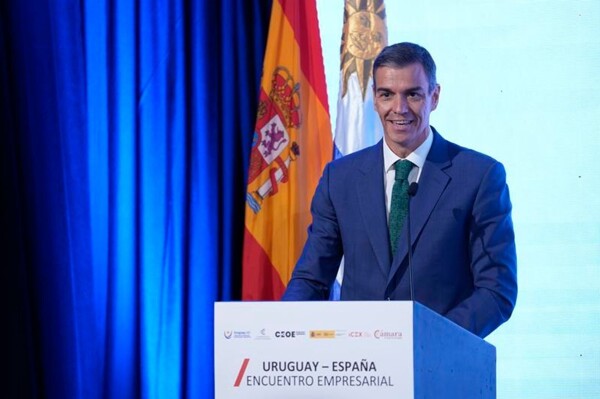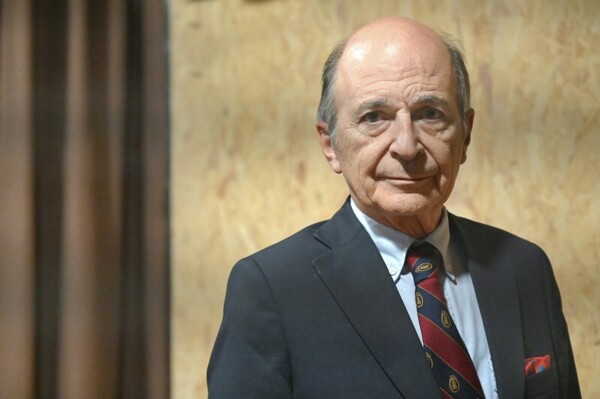
The boss meets with his team in the conference room to discuss the results of the quarter, seeking ideas to improve the company's performance. Often, employees may feel intimidated to express their opinions due to past experiences of criticism or ridicule.
Executive coaching emphasizes the importance of trusting in the collective wisdom of the team, but first, it is essential to create a conducive environment for it. It is vital to foster collaboration, where each member feels responsible not only for executing tasks but also for contributing to strategy and problem-solving.
To promote active participation and independent thinking in teams, various strategies can be implemented. For example, creating safe spaces where employees feel free to express ideas without fear of criticism or judgment. Rotating leadership roles can also be assigned to encourage autonomy and shared decision-making.
It is essential to shift the focus from traditional leadership based on orders to a more collaborative one, where innovation is stimulated through open-ended questions that enhance analysis and creativity. Establishing clear expectations for participation from the beginning of meetings and applying practices like active listening and positive feedback are also key to fostering a culture of collaboration.
Reflective feedback can help the team identify areas for improvement and strengthen self-criticism, turning decision-making into a continuous learning process. By promoting self-management and accountability, each member will feel that their opinion is valued and has a real impact on the team.
Although implementing these strategies takes time and patience, the results achieved tend to be more innovative and satisfying than those obtained in environments with rigid hierarchies. Fostering a culture of participation and reflection within the team can lead to developing authentic "team wisdom" that transcends traditional hierarchical structures.














